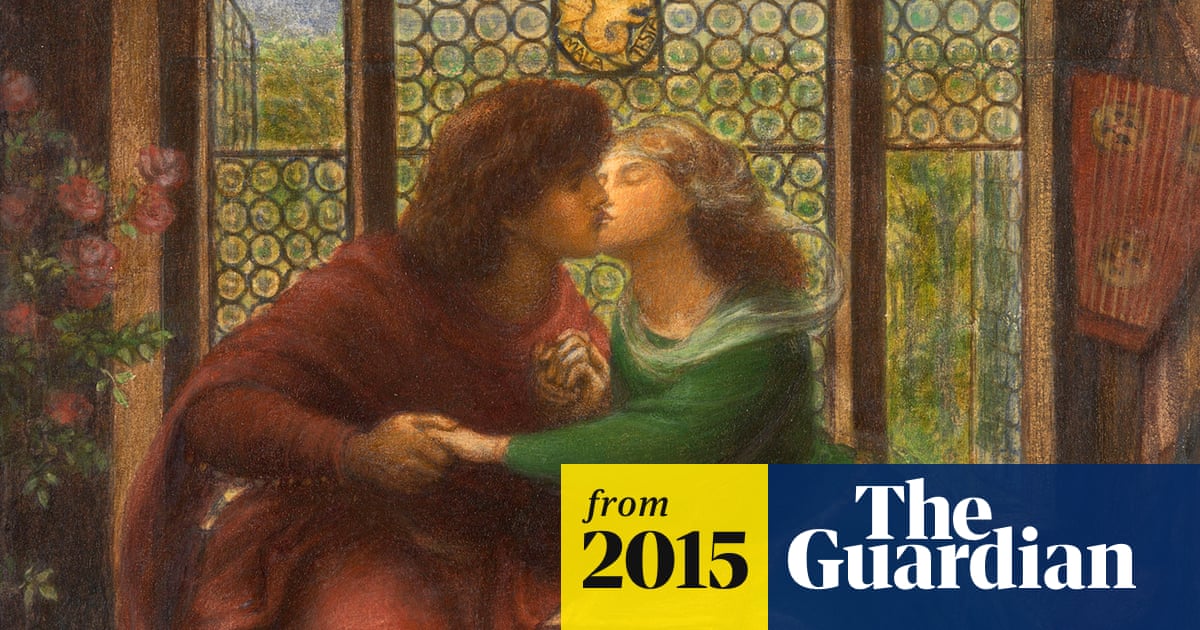EzekielRaiden
Follower of the Way
Yeah, it's always kind of hilarious to me how people get all snooty about "hero to superhero" stories and how much better and more realistic "zero to hero" are. Yet the classics, the foundations of the genre, extremely frequently begin with legit (super)heroic characters from the word go (like Beowulf or Hercules), or relatively ordinary characters....that get a crapton of divine nepotism (Perseus with his magic items) or the gift of superpowers (Achilles' invulnerability or Samson's strength).Yes, this is certainly why there is so much medieval hardware in early D&D, even though we know from Appendix N that non-medievalist writers such as Howard, Lovecraft and Moorcock where big influences on early D&D.
And there is a sense of confusion over certain elements, like swords, castles and monarchy are "medieval", when they are actually mythic, and much older. These are found in everything from Greek myths to Beowulf to Star Wars to modern Britain.
Beowulf is the great granddaddy of D&D stories, dating to before the medieval period, but already having named swords (Hunting), proto-kings (Hrothgar) living in proto-castles (Heorot). It also has a protagonist who is already an action hero from the very start of the story, able to single-handedly kill a monster that has already defeated dozens of ordinary warriors, and who is motivated by a desire for fortune and glory, rather than seeking to save the world from evil.
People skipping the "zero" part is older than Antiquity, and may predate written language entirely. It is as fundamentally fantastical as any story of a have-nothing hero clawing their way to victory through guile and luck.




